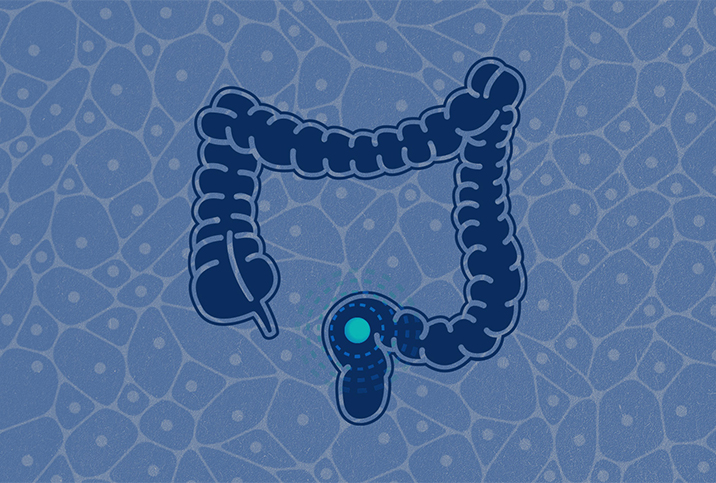Colorectal cancer is the third most common cancer for both men and women in the United States and was estimated to be the second leading cause of cancer deaths in 2021. More than 151,000 new cases are expected to be diagnosed this year, and more than 52,000 people will likely die of the disease. Slightly more men than women will develop the disease and die from it.
Detecting it early is vital, as with all cancers. The five-year relative survival rate for all stages combined is 65 percent. That stat is a grim 15 percent when the cancer has reached organs far from the colon, called the distant stage. But when it is diagnosed in the localized stage, the survival rate jumps to 91 percent.
Those numbers are attention-getting, but they easily could be better because colorectal cancer is one of the most easily detectable forms of the disease. Detection can actually lead to prevention, as you'll read about in the first story in our awareness series. People just don't seem to be aware. Enter Colorectal Cancer.
The message: Get screened. If you're older than 45—yes, that recommended age was lowered from 50 last year—and haven't been screened, do it. Just do it. A colonoscopy is the standard, but home screening and a virtual colonoscopy might be options. Even if they aren't, if the colonoscopy results are negative, you won't have to get another one for 10 years. Not bad, right?
Check in each Monday in March for new content. We start with a two-part story about colorectal cancer symptoms, detection, treatment, recovery and life afterward. In addition, we will share awareness-driven Q&As with two national advocacy organizations and inspiring stories from two survivors.
We want to thank the Colon Cancer Coalition and Fight Colorectal Cancer for connecting us with survivors, and the Colorectal Cancer Alliance and the Colon Cancer Foundation for taking part in Q&As.













